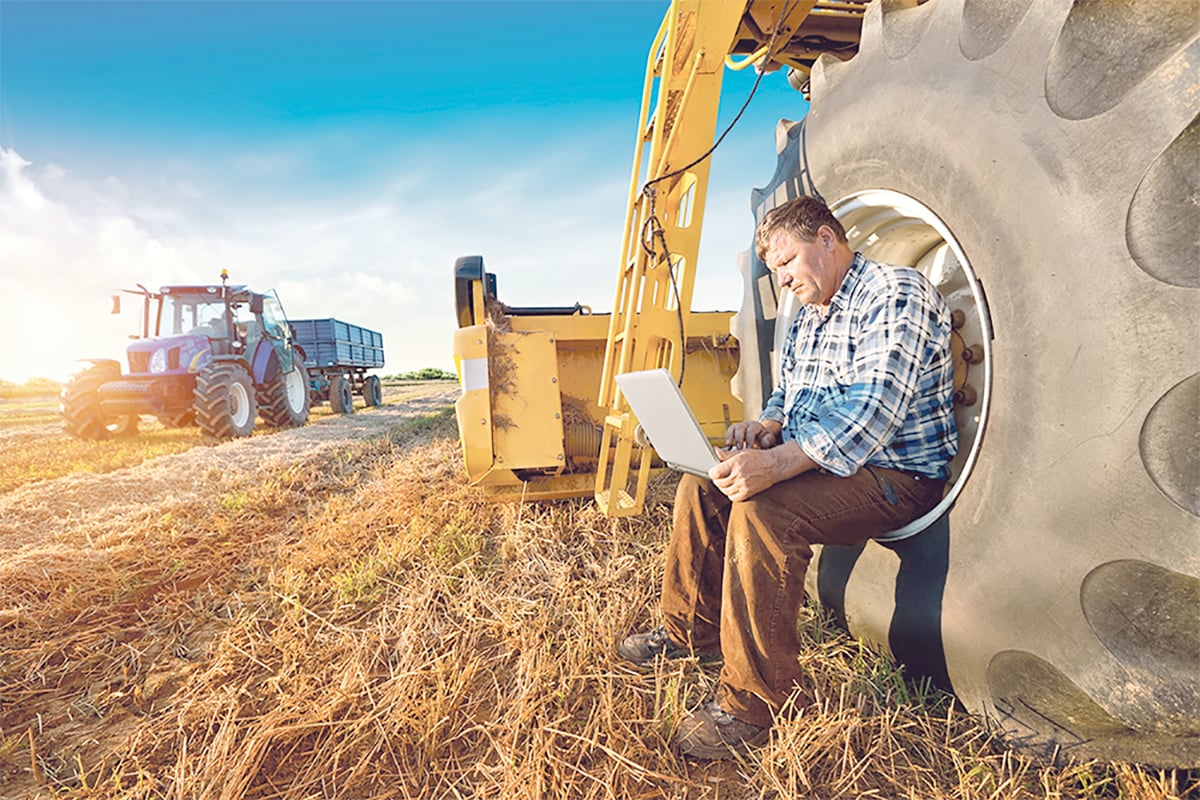ARCHERWILL, Sask. – Karla Folstad remembers being excited the day she watched the counter on her website roll from 99 to 100.
“Now we get 30,000 hits a day,” said Folstad, one of the three people who runs www.familyfarmers.com from this northeastern Saskatchewan village.
The farm-focused website started in 1999.
“My dad and I were looking for information on a cattle program on the computer and he was getting frustrated beyond belief. He said, ‘why can’t all the information farmers need be in one spot?’ So we made him a website.”
Read Also

Communication key to bridging generation gap
Each generation is shaped by the predominant forces at play during their formative years. Acknowledging these influences can improve communication among the generations.
Karla has become the website editor and her father Ken is a regular columnist. The third member of the team is Karla’s fiancee, Scott Young, formerly a city boy from Seattle, Washington.
The website started as a local service but has expanded in interest and clients. It makes money by designing and hosting sites for other businesses, 173 to date, including one in Gambia, Africa.
Recently it won the rights to do computer work for a polar research group. Along with the contract, though, was the requirement to open an office in Yakust, Russia, 250 kilometres north of Moscow. Karla said that office has more people than the Archerwill headquarters. But she has gained more business from it because Russians want an English-speaking on-line entry point.
“We have a good following around the world. There are quite a few from the southern U.S. Texas is really big for us. I’m not sure why. There’s a couple of game farms nearby that this Texan came to and he went back and looked us up.”
Some of their columnists have been with them since the beginning such as John Keen and Paul Beingessner. Karla said they looked through papers to find columnists they liked and then tried to hire them. Their columnists’ budget was a humble $5 each so Karla said with a laugh that they also offered to wash prospective writers’ cars.
Karla grew up in Regina until Grade 6 when her parents moved the family to a farm in the Prince Albert, Sask., area, and later near Archerwill.
The family has a section of land that once held lots of cows and pasture. They grow only enough grain to feed their animals.
“We had been in the process of de-cowing ourselves when BSE hit, so we have about 15 cow-calf pairs, some llamas, and a few ponies.”
They also have guanacos, a relative of the llama. Both species act as guards to keep coyotes away.
Since the farm has to support three generations, the Folstads are happy their off-farm venture is working out.
“I was one of those kids that went to Alberta and came back. I like flat.”
Karla said the community she lives in is quiet, laid back and safe for her two daughters. It can take 45 minutes to walk the half block to the post office, chatting with people. And that’s the appeal she wants the website to reflect.
“Come sit on the back porch, listen to the frogs chirp and we’ll sit and visit.”
The website features a daily joke and Karla said the rule is that if they couldn’t tell the joke to Grandma, then it won’t go on the website.
Although Karla would be happy if her daughters decide to go farming, she won’t push it on them. It’s a tough life economically. In five years she has seen farmers become more discouraged, but also more determined and resourceful. For example, instead of jumping in their truck and visiting 16 auctions, they will jump on the computer and look at auction sites to find the one offering the items they want. Barter is becoming more common and people are shopping closer to home.
Her village is vibrant despite losing its three elevators. She reels off a list of local businesses that include a laundromat, car wash, food store, farm supply outlet and credit union. It is a young town she said with a growing population. The mayor is 36 and most of the council members are younger than that.
For the future, Karla expects many farmers will have to find other income the way she did, be it a welding shop or working at the local Co-op. And it’s a global trend.
“For a reindeer farmer in Finland, a cotton farmer in Gambia, a sheep farmer in Australia – their particular way of life is threatened.
“At one time as a landowner you were almost royalty, but in the past 50 years farming has become a dirty word.”
Karla blames it on the cheap food policy that she said exists.
“Cheapen the food, cheapen the workers.”














